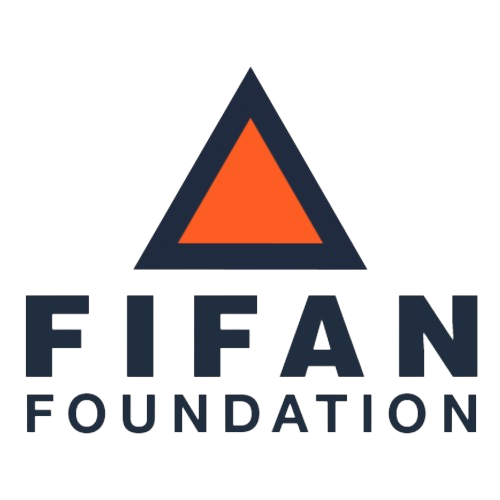In the living memory of our dear friend and colleague Fifan Satria
WHAT WE DO
Adaptation and mitigation strategies in dealing with the impacts of climate change on the marine and fisheries sectors involve a series of actions aimed at protecting marine ecosystems, marine biota, fishermen and coastal communities. Here are some important points that cover the contents of our strategy.
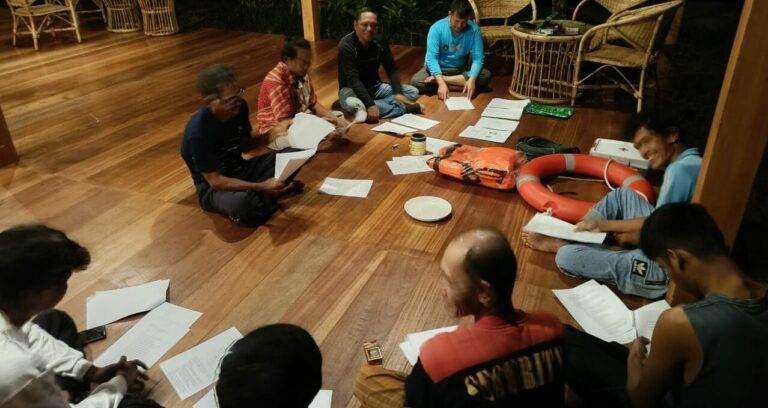
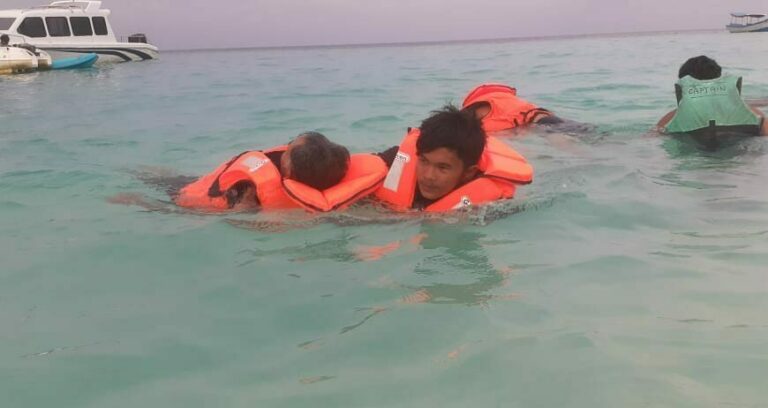
Monitoring and Research
Improved monitoring and research are important steps in understanding climate change and its impacts on marine and fisheries.
Early warning systems
Developing early warning systems for storms, weather changes and other marine conditions will be important in protecting fishermen and maritime safety.
Wild Trade Protection
Strengthening working group for action plan and policies is key in dealing with life cycle and fisheries
Rehabilitation and Restoration
Reducing greenhouse gas emissions through a shift to rehabilitation and restoration of coral reef, replanting mangrove and seagrass ecosystem. Develop a marine response unit to combat illegal trade and provide veterinary care and rescue to endangered species.
Education and training
Increasing awareness and participation of coastal communities through education and training is important. Through education, people can learn sustainable practices in managing marine resources and understand the importance of ecosystem conservation.
Collaboration Management
Collaboration between government, research institutions, the livelihood alternative to local communities is essential. This involves the exchange of knowledge, data and experience, as well as the development of joint policies and strategies.
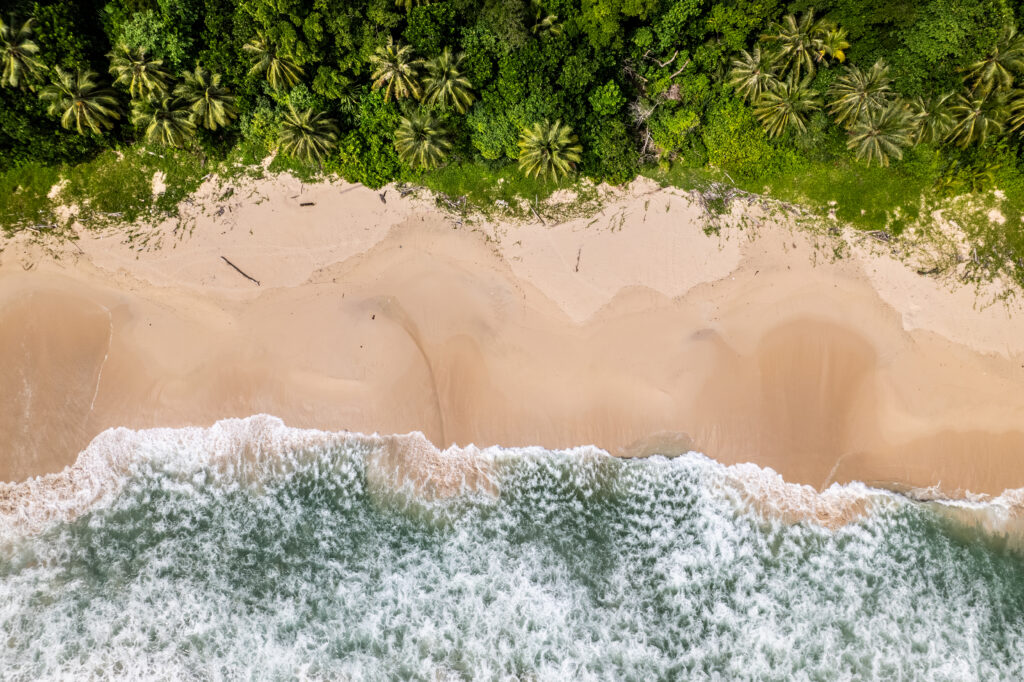
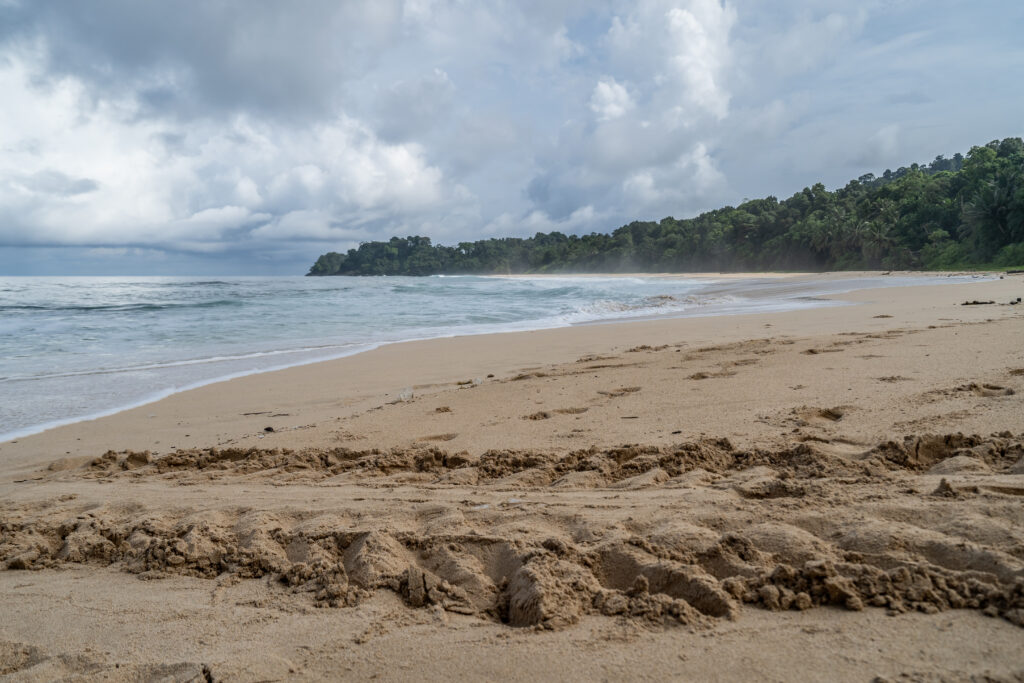
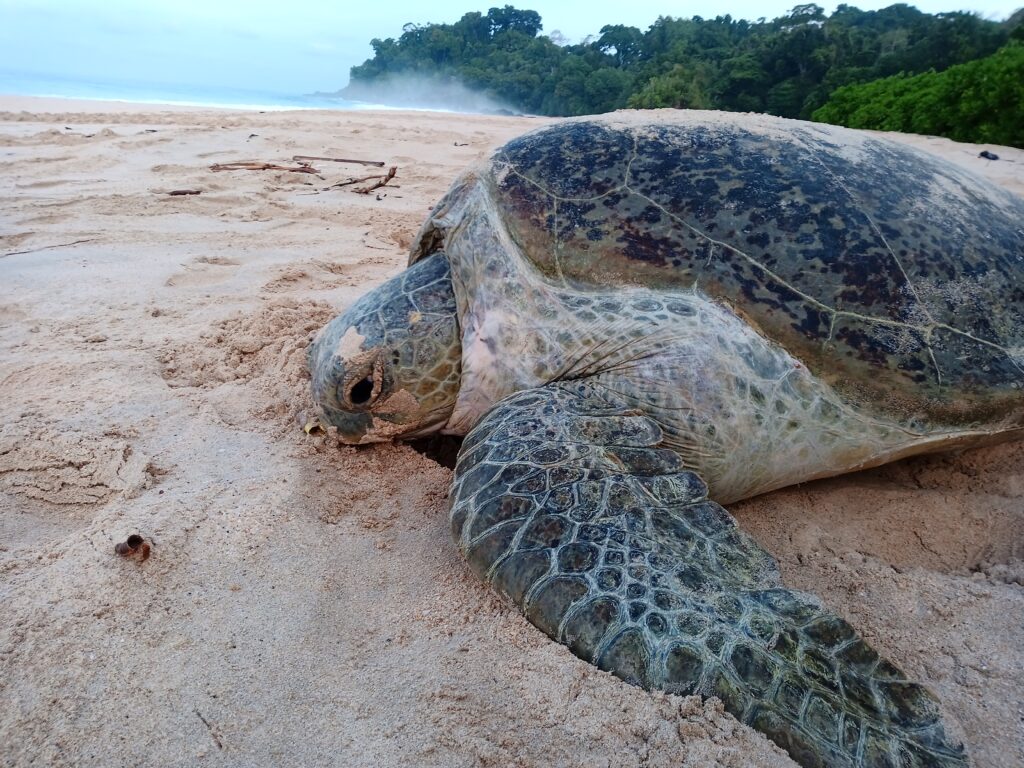
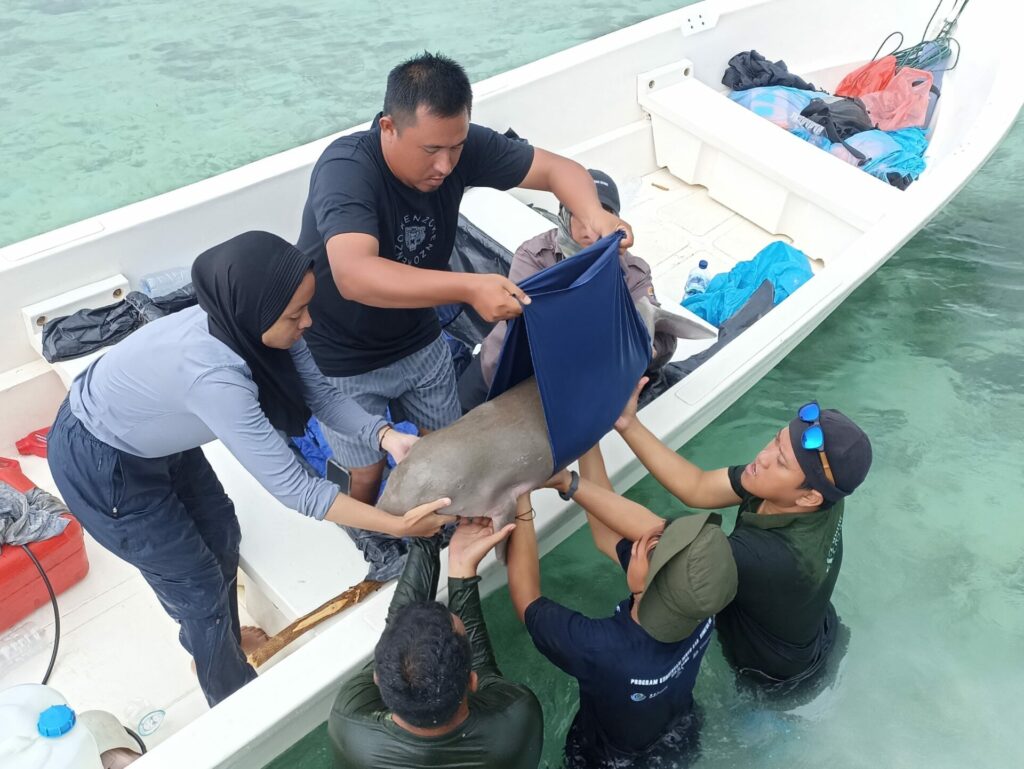
Safe Seas for All
Together, we forge a secure environment for all, supporting thriving tourism and sustainable livelihoods.
Contact
- Dr. Arie Muhardy - DIRECTOR
- fifanarchipelago@gmail.com
- +62 852 62 460460
- Prof. Ali Hasyimi street.48 Pango Raya Kota Banda Aceh
